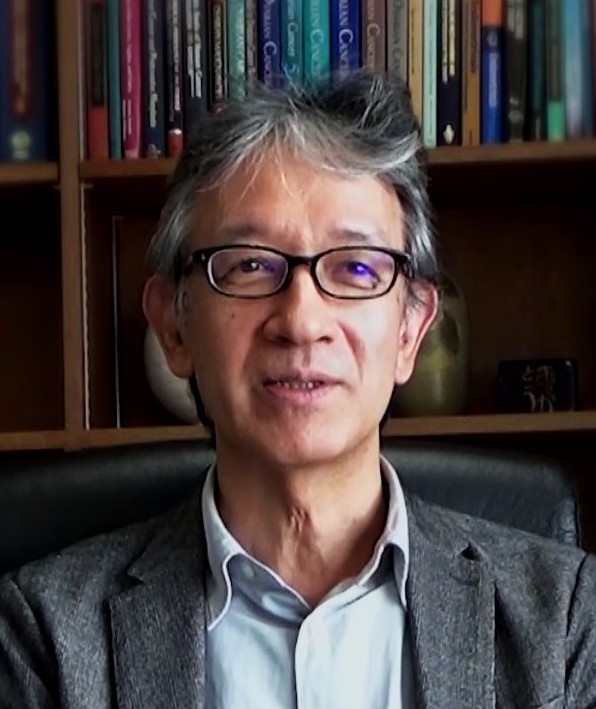

Greeting
Masaki Mandai, Chairperson of the Executive Board, Japan Society of Obstetrics and Gynecology
Dear Members of the Japan Society of Obstetrics and Gynecology,
It is with great honor that I accept the appointment as the 7th Chairperson of the Executive Board of our Society. Since the introduction of the chairperson system in 2005, our Society has achieved remarkable growth under the leadership of six distinguished predecessors: Dr. Yuji Taketani, Dr. Yasunori Yoshimura, Dr. Ikuo Konishi, Dr. Tomoyuki Fujii, Dr. Tadashi Kimura, and Dr. Kiyoko Kato. Being chosen to follow in the footsteps of such esteemed individuals is a tremendous privilege, and I am deeply aware of the great responsibility that comes with it.
Together with all of you, I am committed to devoting my two-year term to the Society’s mission: “to promote the progress and development of obstetrics and gynecology, thereby contributing to the welfare of humanity and society.”
Throughout my career, I have focused primarily on gynecologic oncology, with a particular emphasis on cancer immunotherapy in research and robotic surgery in clinical practice. Nevertheless, the reason I chose obstetrics and gynecology over internal medicine or surgery is because it is the only field of medicine that deals with the birth of life and the continuation of generations. Even after I specialized in oncology, I have never forgotten that perspective.
When I first began my path as an OB-GYN, many senior doctors told me that it was a field where we could truly say “congratulations” from the heart more often than in any other specialty. More than 30 years have passed since then, and those words still resonate deeply with me.There are times when people describe obstetrics and gynecology as high-risk or overly demanding. Yet every time I hear that, I want to respond by saying, “There is no other field as wonderful as this one.” Of course, I also recognize the harsh realities and challenges we face as OB-GYNs.
Today, Japan is confronting a serious demographic decline. This wave of depopulation has only just begun, and it will undoubtedly continue to have a profound and long-lasting impact on our society. Some even question whether Japan as a nation can sustain itself in the future. Many young people today perceive having children as a burden or a risk. How did we get here? At what point did we lose the shared value that bringing a child into the world is something purely and unquestionably wonderful? Now more than ever, it is essential for us in obstetrics and gynecology to stand at the forefront and help society rediscover the miracle of life and birth. We have to genuinely say “congratulations” to new mothers and fathers. But in order to do that, we OB-GYNs must first be healthy in both body and spirit. We cannot be exhausted from overwork. We cannot be plagued by uncertainty about our future careers. Most importantly, we—especially the younger generation of doctors—must truly feel pride, purpose, and promise in our field. There is no future for a country where OB-GYNs are demoralized. If we can work with joy and bring smiles to mothers, we can bring smiles to all of Japan. Now is the time for our Society to rise to the challenge.
I believe that the cutting-edge technologies emerging today will bring especially significant benefits and breakthroughs to our field. The future of OB-GYN in Japan is bright. And convincing the younger generation of that truth is, I believe, the most important mission of the Japan Society of Obstetrics and Gynecology.
Let us work together toward that future.
Sincerely,
Masaki Mandai, MD, PhD
Chairperson of the Executive Board
Japan Society of Obstetrics and Gynecology